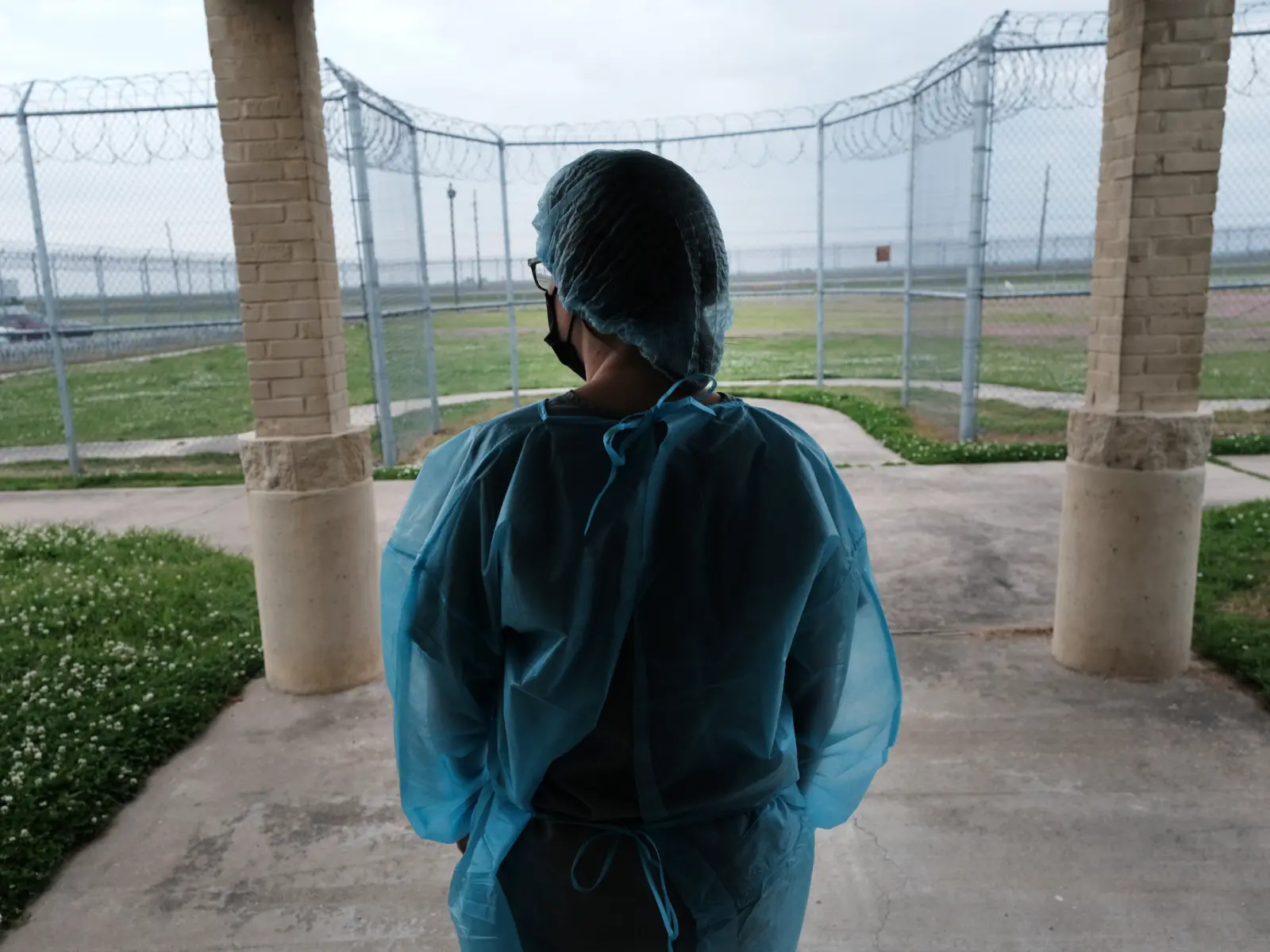In the realm of hard sciences, it is taken for granted that research and evidence can be used to answer tough questions and create useful knowledge. In the social sciences, however, the path from rigorous research to widespread application can be more tenuous.
“Germs cause disease. Cigarettes cause cancer. Somehow the research behind these ideas has become generally accepted knowledge, now so embedded in our worldview that it is as reflexive as ‘the sky is blue,’” Elizabeth Glazer and Greg Berman write in the editors’ note for the latest issue of Vital City. “What ideas in crime, justice and urban policy have had a similar impact?”
At times, it can feel like the social sciences are suffering from a crisis of confidence. Findings face a replicability challenge. New ideas aren’t adopted by lawmakers. Policies proven ineffective remain in vogue.
As part of Vital City’s provocative discussion about incremental, evidence-based reform, AV Co-Founder John Arnold and Executive Vice President of Criminal Justice Jennifer Doleac each submitted pieces underscoring the value of rigorous research in crafting effective public policy and highlighting ways to overcome the barriers that often stand between academic research and a positive impact.
In “Raising the Bar: Ending an Era of Low Expectations,” Arnold writes about how, despite the challenges, the government can use high-quality data and research not only to identify effective ideas, but also to avoid policies that simply don’t work or even do more harm than good.
“Evidence-based policymaking is hard,” he writes. “The path to change is not linear. It is often incremental, laden with failures and polluted by the impurities of political and imperfect data. But abandoning our fealty to evidence will not drive better outcomes.”
And in “Fixing the Research-to-Policy Pipeline,” Doleac discusses ways researchers can improve the quality of evidence and experimentation in order to find policies that are broadly applicable and effective across different circumstances and jurisdictions.
“We are now in the enviable position where we have a variety of evidence-based solutions that we would like to scale,” she writes. “But scaling is easier said than done. Going forward, social scientists would be wise to invest in a ‘science of scaling’ to figure out how to scale effective programs.”
Read more here.



















